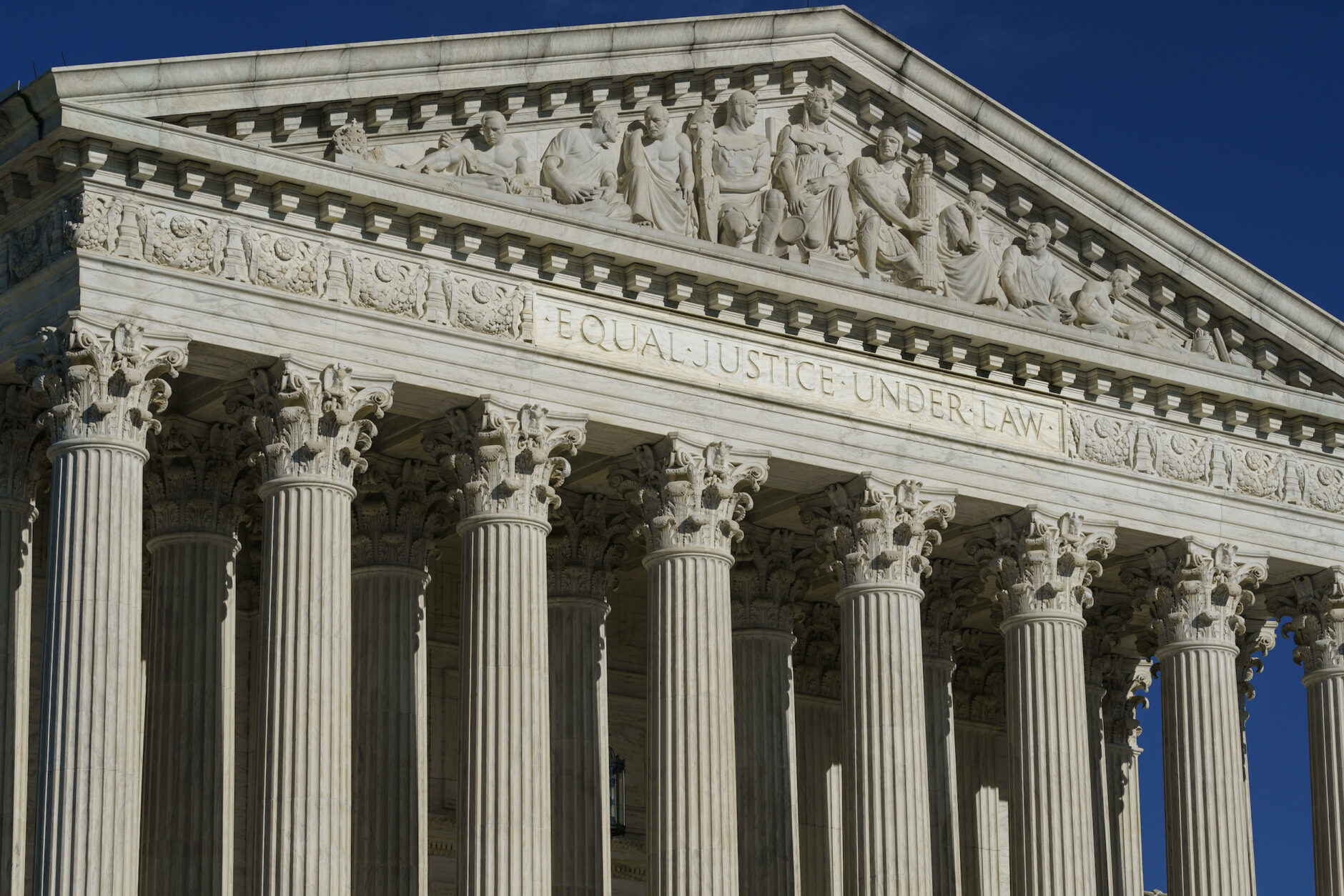Richard Henry Dana -Two Years Before the Mast
Lincoln, Slavery, and the Refounding of America
by Noah Feldman
Farrar, Strauss and Giroux, 368 pp., $30
In the Gettysburg Address, Abraham Lincoln cast the nation as “conceived in liberty” and “dedicated to the proposition that all men are created equal.” In doing so, he drew on the Declaration of Independence, dating the founding of the nation to 1776, and not to the Constitution of 1787. The relationship between the principles put forward in the Declaration and the Constitution’s compromise with slavery has long vexed America. We have too often treated the compromise with slavery as a minor detail; in much of our public discussion about the founding, the “peculiar institution” is seen as deeply problematic but we gloss over the fact that it took a civil war, costing hundreds of thousands of American lives, to wash away America’s “original sin.” And we also gloss over the fact that it took the Civil War Amendments to recast the Constitution, making it “worthy of the saving.” Americans tend to treat the Constitution written in 1787 and set in motion in 1789 as the same Constitution we currently live under in 2022, as if slavery, civil war, and a second founding were just a few rough patches in an otherwise placid journey.
Noah Feldman’s The Broken Constitution eloquently and powerfully forces us to face these too often neglected questions. As Feldman tells it, Lincoln’s Gettysburg Address foreshadows the creation of a second Constitution—a better Constitution that places the moral principles of the Declaration at its heart. But to fully apprehend Lincoln’s refounding, we need to understand that Lincoln broke the original Constitution; yet we so live in the world remade by Lincoln that we have trouble glimpsing this fundamental rupture in our constitutional past, which cannot be neatly captured by singular dates like 1619 and 1776.







